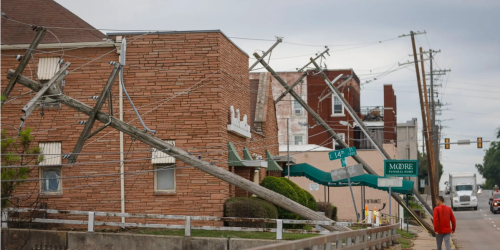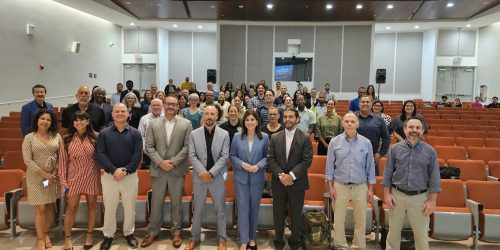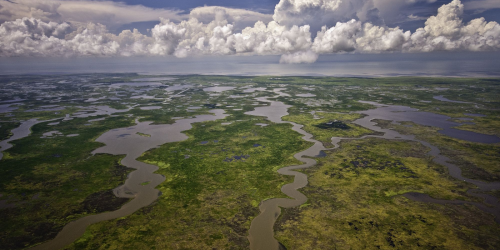The USDA Forest Service has recently published a technical report on Climate Scenarios and Projections to support the agency’s 2020 Resources Planning Act Assessment. In the report, the Forest Service used downscaled climate data developed by John Abatzoglou and others at the Climate Impacts Research Consortium (CIRC), a CPO/RISA (Regional Integrated Sciences and Assessments) team. CIRC’s model data helped the Forest Service satisfy a statutory requirement to analyze the effects of climate change on forest and rangeland resources.
The Forest Service leveraged the MACAv2-METDATA dataset, produced with funding from the Regional Approaches to Climate Change (REACCH) project, the Climate Impacts Research Consortium (CIRC), and the Northwest and Southeast Climate Adaptation Science Centers. Multivariate Adaptive Constructed Analogs (MACA) is a statistical method for downscaling Global Climate Models (GCMs) from their native coarse resolution to a higher spatial resolution that captures observed patterns of daily near-surface meteorology and simulated changes in GCM experiments. This method has been shown to be slightly preferable to direct daily interpolated bias correction in regions of complex terrain due to its use of a historical library of observations and multivariate approach. The Forest Service’s technical report describes the process used to select the scenarios, climate models, and climate projections that will be used to project renewable resource conditions 50 years into the future.









